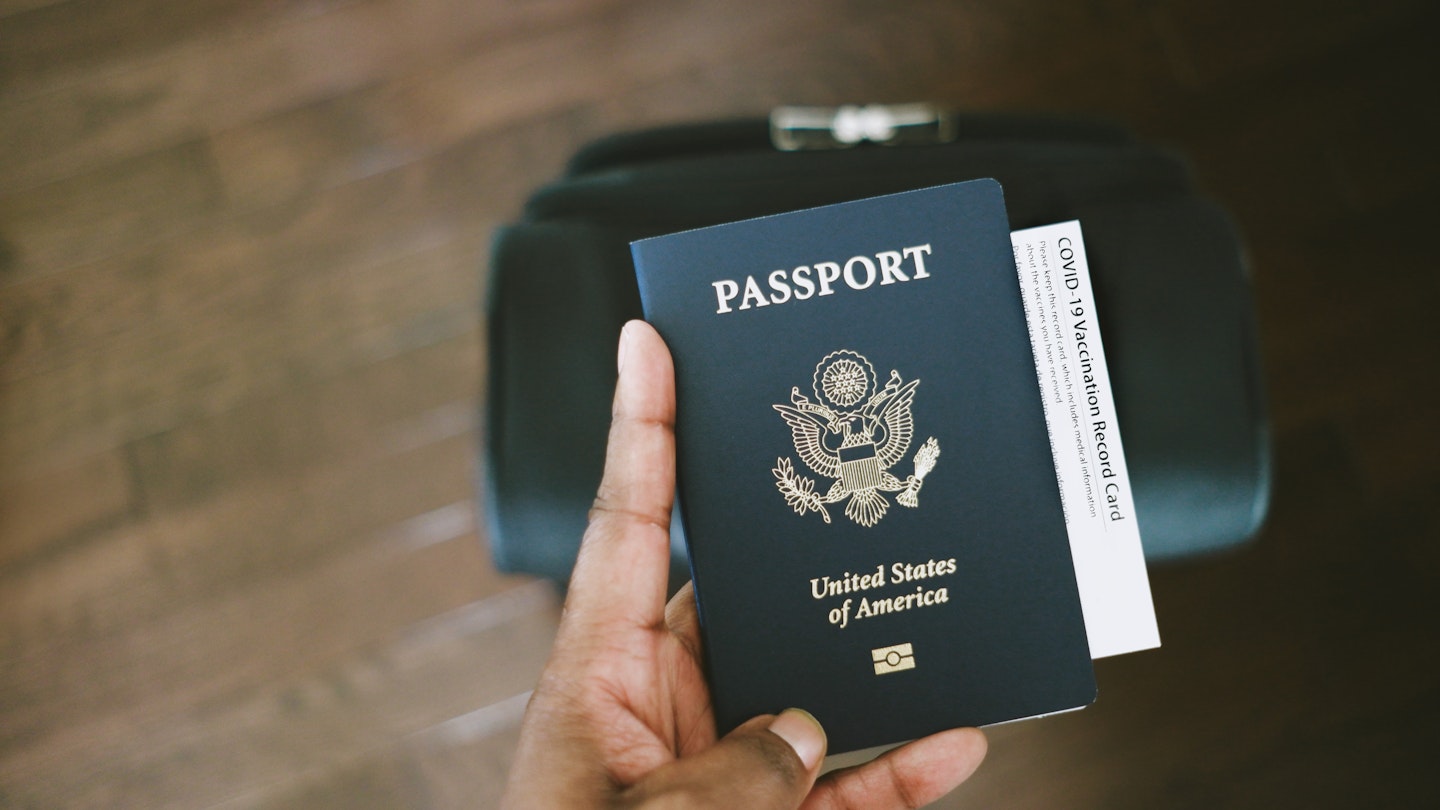Understanding the Impact of US Travel Advisories on Travel Insurance
Under the US Centers for Disease Control and Prevention (CDC) and State Department guidelines, numerous destinations are designated as Level 4, advising travelers to “avoid travel” to these areas. Consequently, if you have plans to travel to these regions, it’s crucial to understand how these advisories affect your travel insurance coverage.
What are the US Travel Advisories?
The ongoing risks associated with COVID-19, particularly with emerging variants, pose significant challenges for travelers. To simplify information for travelers, the State Department has aligned its travel advisories with the CDC’s Travel Health Notices. This aims to alert travelers about potential dangers and COVID-19 threats abroad.
Due to recent variant surges, both the State Department and CDC have issued Level 4 advisories for various popular destinations, including France, Italy, Spain, Greece, Israel, and Panama. While Americans can still travel to these locations, it is imperative to note that this decision could ultimately affect the validity of their travel insurance.
How Do Travel Advisories Impact Insurance Coverage?
The influence of travel advisories on insurance coverage varies significantly by insurance carrier and policy. As a general rule, policies differ broadly, and understanding the fine print is essential. According to Jeremy Murchland, president of Seven Corners, “Some plans may not cover you if you knowingly travel to a country that is a Level 4 while others could offer coverage if the advisory was issued after you arrived in the area.”
If you are knowingly contravening government guidelines and traveling to a high-risk location, you must conduct thorough research. Murchland recommends that travelers review their policy documents and ask specific questions to determine the extent of their coverage in light of travel advisories.
Can You Claim Any Expenses Back if You Cancel Your Trip?
Insurance experts assert that a travel advisory alone typically does not qualify as a covered reason for trip cancellation under standard travel insurance plans. If you cancel due to a travel advisory, claiming back any prepaid expenses is generally unlikely.
According to Megan Moncrief, chief marketing officer at insurance comparison site Squaremouth, “Most travel insurance policies do not provide cancellation coverage for Department of State travel advisories.” Therefore, a new advisory for your current or future destination usually does not impact coverage, irrespective of when it was issued or your presence there.
However, some policies may specify terms regarding cancellation or interruption benefits related to travel advisories. “To be eligible for these benefits, the policy must have been purchased prior to the advisory issuance,” says Moncrief. If purchased after, only trip cancellation and interruption benefits could be voided.
If a traveler is already abroad when the advisory is issued, their policy remains effective, and most benefits—such as emergency medical and travel delay—will still apply.
Moncrief emphasizes that past travel disruptions during the pandemic were largely due to travel bans, border closures, and flight cancellations, rather than travel advisories. For these scenarios, policies that include Cancel for Any Reason (CFAR) provisions offer the best assurance of coverage. Consequently, it is wise to consider this option, which typically costs about 40% more than standard plans yet offers enhanced security against sudden travel disruptions.
What If I Get Ill in a Level 4 Country?
The inclusion of medical coverage, even when traveling to a Level 4 country, generally depends on your policy. Meghan Walch, a product manager at InsureMyTrip, indicates that most policies will continue to provide medical coverage despite travel advisories. Nevertheless, verifying your coverage specifics is essential.
Today’s travel insurance plans usually classify COVID-19 as any other unforeseen medical condition. Thus, if a traveler who holds a travel insurance policy contracts COVID-19 unexpectedly before or during their trip, coverage should remain intact, regardless of State Department advisories.
What Benefits Should Travelers Look For during the Pandemic?
Apart from advisories, travelers must consider various factors when planning overseas trips during the pandemic. The rapidly changing circumstances and travel regulations necessitate a comprehensive insurance plan that can offer additional peace of mind.
Murchland advises that having trip cancellation and delay benefits is vital to mitigate potential losses from last-minute changes. Furthermore, having travel medical insurance can be crucial since standard medical plans may not cover you outside your home country.
In summary, you can generally travel to destinations under US Department of State advisories without invalidating your insurance; however, careful research and provider consultation are paramount. Ensure your policy includes coverage for COVID-19-related claims, and remain informed on the latest public health guidelines for your travel destination.




